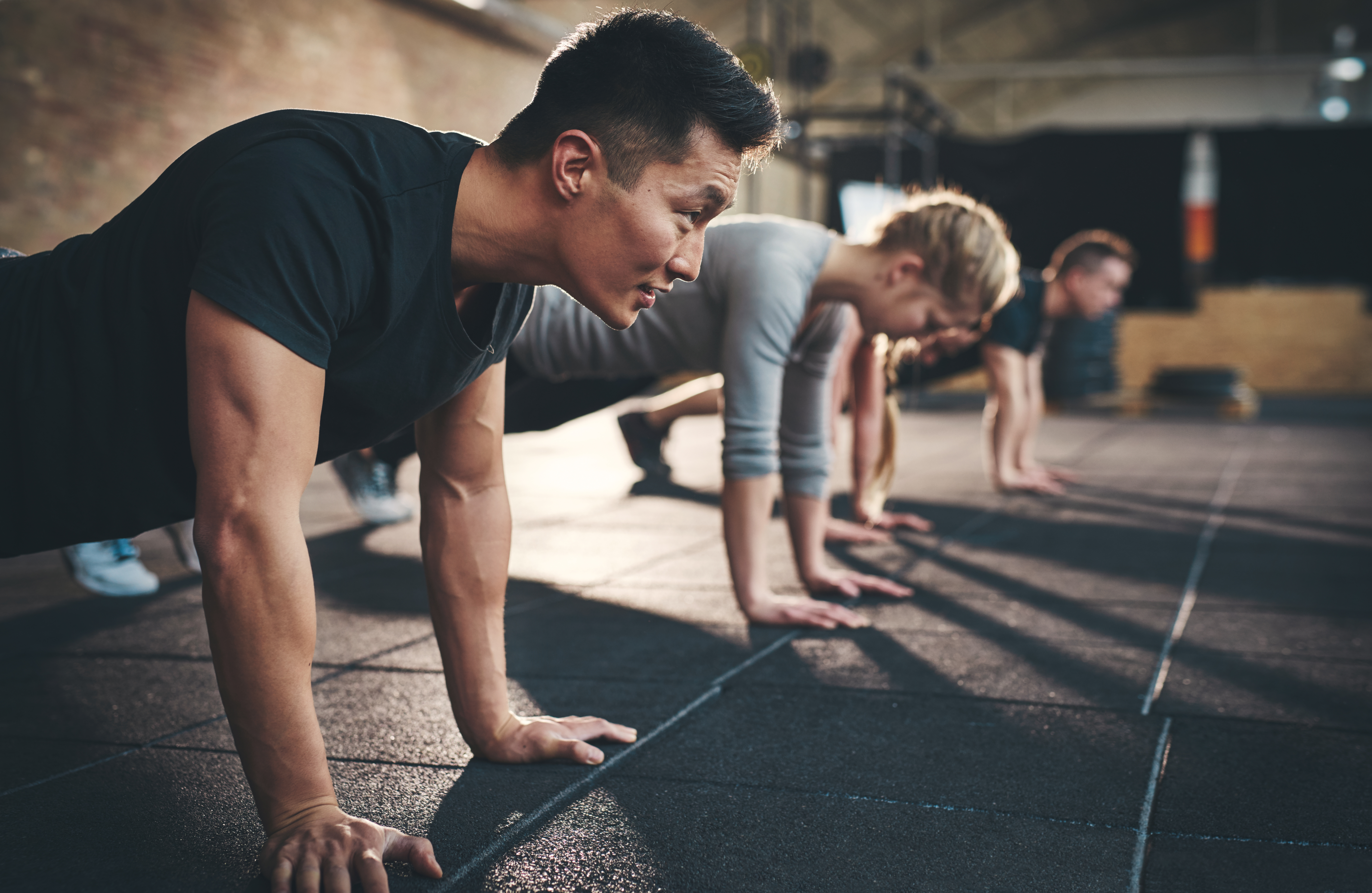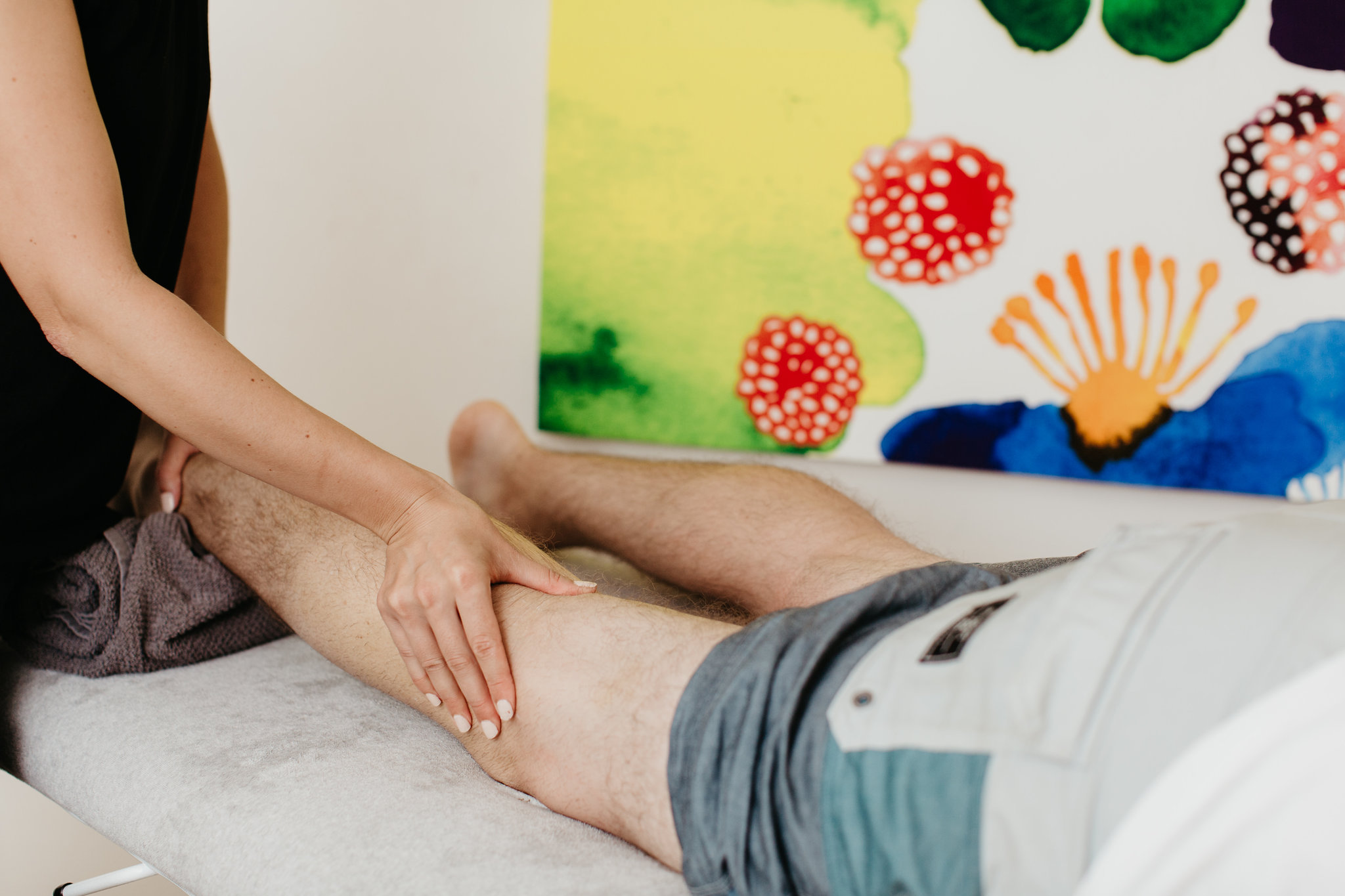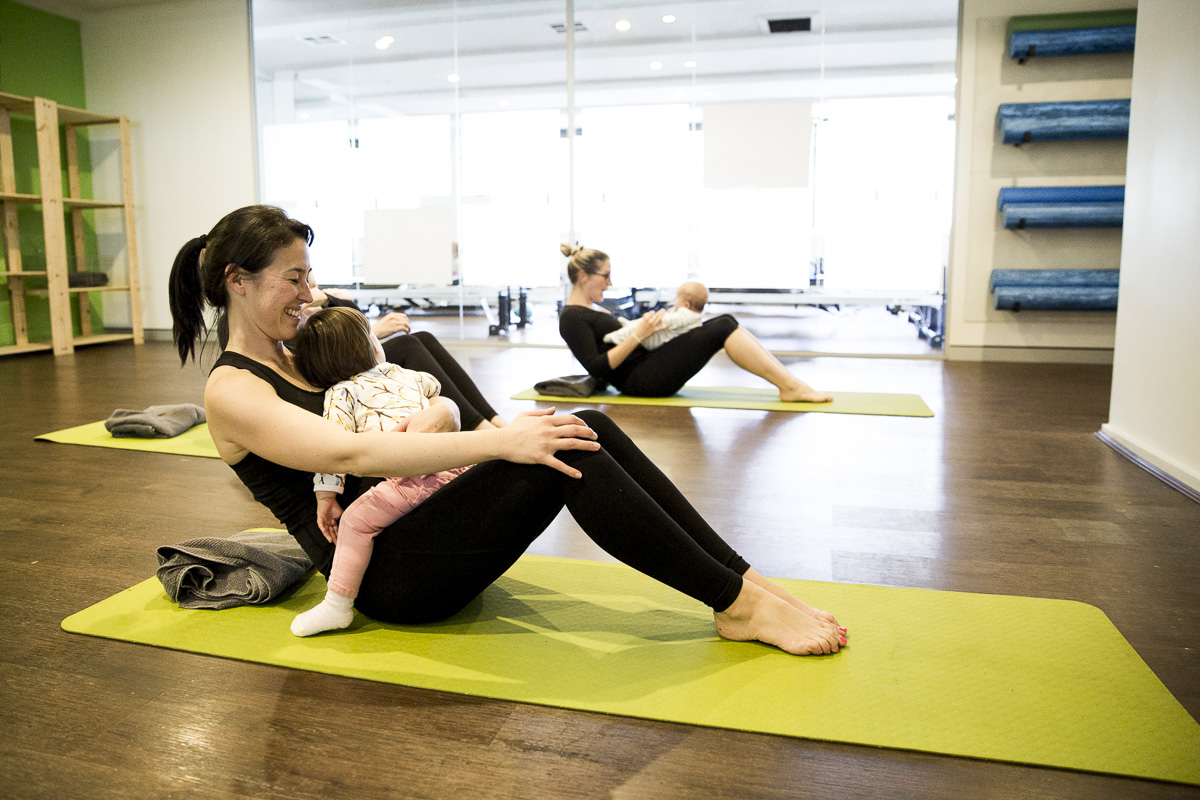Prehab Physiotherapy: Why You Shouldn’t Wait for an Injury to See a Physio
When most people think of physiotherapy, they think of injury recovery – rehabbing a torn muscle, recovering from surgery, or dealing with chronic back pain. But what if we told you that one of the most effective times to see a physio is before you’re injured?
Welcome to the world of prehab physiotherapy – a proactive, preventative approach to movement and musculoskeletal health that helps reduce your risk of injury, improve function, and keep you doing what you love for longer.
What Is Prehab?
Short for “prehabilitation,” prehab is all about addressing movement dysfunctions, muscle imbalances, joint stiffness, or postural issues before they turn into bigger problems. It’s like getting a tune-up for your body, instead of waiting until something breaks down.
At Physio On Miller, our physios blend hands-on treatment with exercise-based therapy like Pilates, we use prehab to set our clients up for success – whether they’re elite athletes, desk workers, or older adults simply wanting to stay mobile and independent.
Why Active Individuals Should Prioritise Prehab Physiotherapy
If you’re into running, weightlifting, CrossFit, or team sports, your body is under frequent stress. Repetitive movement, even when done well, can lead to overuse injuries, especially if there are imbalances in strength, mobility, or movement patterns.
Prehab helps:
- Identify and correct inefficient movement patterns
- Build strength in vulnerable areas (like glutes, core, and shoulders)
- Improve joint mobility and muscle flexibility
- Reduce the risk of common injuries like sprains, strains, or tendonitis
Through guided assessments and personalised exercise programs, we help active individuals stay injury-free and performing at their best.
Office Workers Need Prehab Too
Sitting for hours each day may not seem physically demanding, but the postural strain it causes is real – and often leads to back pain, neck stiffness, headaches, and reduced mobility.
Prehab for office workers often focuses on:
- Postural correction and awareness
- Strengthening underused muscles (like your upper back and glutes)
- Mobilising tight areas (like hips, neck, and shoulders)
- Building core strength to support your spine
By incorporating hands-on therapy with tailored exercises, we help office workers reset their posture, reduce discomfort, and prevent long-term issues.
Older Adults: Stay Mobile, Stay Independent
As we age, maintaining balance, strength, and flexibility becomes essential – not just for injury prevention, but for maintaining independence and quality of life.
Prehab for older adults includes:
- Fall prevention strategies
- Strength and balance training
- Joint mobility work
- Safe, progressive exercises like clinical Pilates
Rather than waiting until a fall or injury occurs, prehab empowers older adults to stay active and confident in their daily movements.
As part of our commitment to proactive care, we offer Healthy Bones classes specifically designed for older adults looking to build strength, improve balance, and support bone health. These classes are ideal for individuals managing osteopenia or osteoporosis, or simply wanting to maintain strong, resilient bodies as they age.
Led by qualified physiotherapists, each class combines low-impact resistance training, weight-bearing exercises, and Pilates-based movements tailored to individual needs. We focus on safe technique, progressive loading, and functional movement – so you can feel stronger and more capable in everyday life.
Whether you’re new to exercise or returning after a break, our Healthy Bones classes provide a supportive, empowering environment where you can improve your physical health with expert guidance.
Empowerment Through Prevention
The core philosophy of our clinic is that your recovery and health should be active, not passive. Prehab is a perfect example of this approach. By giving clients the tools, knowledge, and confidence to move better, we help them take charge of their health – before injury slows them down.
So whether you’re an athlete, a desk-bound professional, or simply wanting to age well, don’t wait for pain to see a physio. Come in for a prehab session and see how proactive care can transform your movement, performance, and wellbeing.
Ready to future-proof your body? Book a prehab consultation today and take the first step toward pain-free, confident movement.





